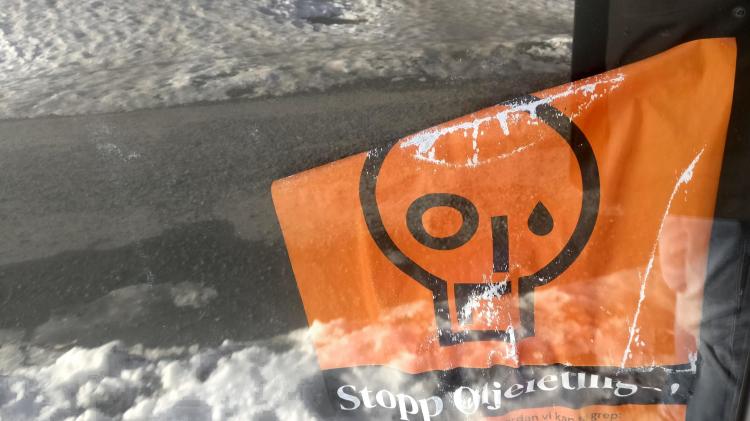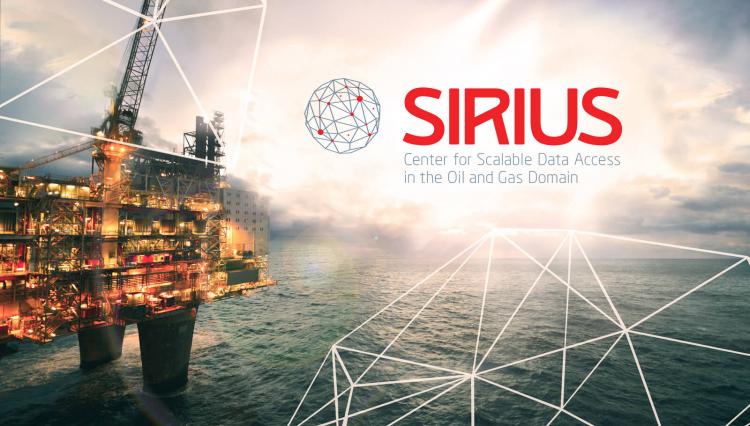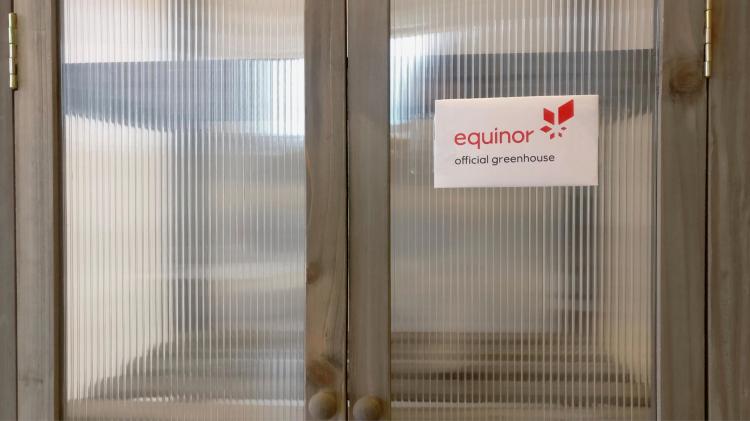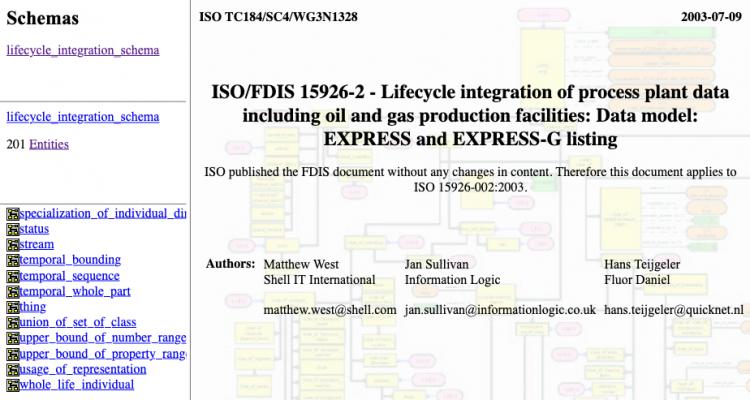Oil
This post is not available in your language. Sorry!
Take a walk with me, would you? It's about time we talk.Every day for the last two months now, I've been taking the same route to work. It takes me to the national theater, where I change trains and watch the advertisement screens for a bit. The guy from Rema is slashing prices with a chainsaw again, we always like to see that. Up next is a woman in rugged work-wear standing out at sea with industrial machinery. I don't speak enough Norwegian to fully parse the words, but corporate singsong sounds the same in any language: did you know we are so much more than oil? we power the energy revolution

just stop oil
The bridge to Ole-Johan-Dahls Hus takes me past bright orange "just stop oil" posters before I take the lift up onto the eight floor, where we have pictures of offshore oil rigs on the walls and corporate reports printed on nice thick paper in a shelf next to the copying machine. Turn to any page, and you'll read something about the oil and gas industry.
this hangs right next to the elevators
I did know this going in, but I kind of figured we'd be doing useless theoretic research on a technology that's been promised to be the next big thing since 1999 and never really went anywhere. Certainly nothing someone would use on an actual oil field.And, well, I still think that's kind of true? We're all academics here, and we don't care if people actually use something as long as it has a nice type system or a soundness argument or something. We talk about reasoning over knowledge bases and it's all very grand and abstract. If we need concrete data for once, we make up something cute. I mean, hell, we're using oil and gas money to build an actual greenhouse in one of the conference rooms. Talk about irony.

🙃
But there's also a bunch of students working to build a digital model of the Oslofjord, and I have more difficult feelings about that — I'm sure they have only the best intentions, but data has always been dual-use. What happens when you hand a bunch of computer science students a couple temperature sensors and tell them to build a model of a vast ecosystem? And who stands to benefit from this rationalization of nature?It's not a far leap from the waters of the Oslofjord to the oil fields in the north sea. They call them Asgard and Valhall, after the fortified home of the Norse gods and the hall of the slain located within it. For some reason that upsets me more than it probably should. It's just so cocky.
And apparently the technologies I'm working with here are actually used out there — it's hard to tell to which degree, but the Relational Data Format RDF along with the OWL and SPARQL languages are all included in an industry standard. And for some reporting tasks, use of that standard became mandatory back in 2008. [ref]

2003 webdesign goodness
So what does that all mean? I'm not sure. But here's what Equinor says about SIRIUS:"We see SIRIUS as an enabler both for extracting and exploiting our data" [ref]
And I'm kinda part of it now. I wonder when I'll start talking about everything in terms of extracting and exploiting.
But here's a silver lining to end this on — i didn't go into this entirely unprepared:
In my first week here, when I began setting up the environment for the tool I was to build, I copied a license file into the project folder. Usually, this would be a common open source license like the GPL or the APL. For this project I went with the fuck around and find out license. Hidden between the usual license blabber, it reads:
"the software shall be used for Good, not Evil. the original author of the software retains the sole and exclusive right to determine which uses are Good and which uses are Evil."
I don't think anyone has noticed yet.